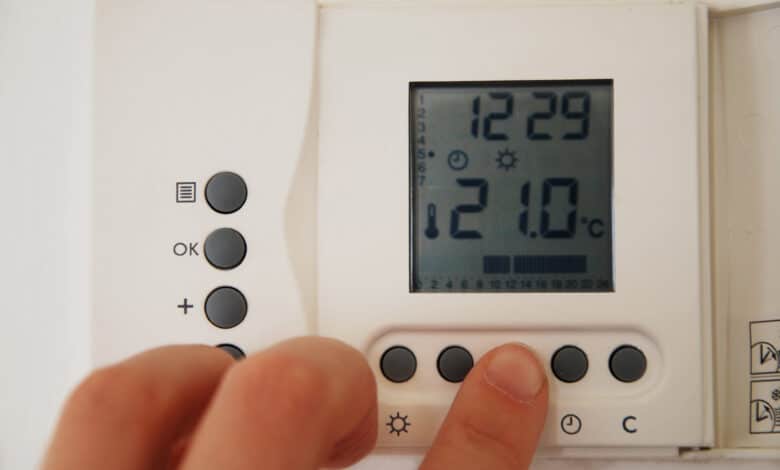
In view of the gas shortage caused by the war in Ukraine, people are looking for ways to save energy. The German Energy Agency has now proposed requiring homeowners to install digital thermostats on radiators.
Ten percent savings potential?
The German Energy Agency sees making the energy consumption associated with heating more transparent as a key to reducing that very consumption. The idea behind this proposal is simple: only those who know how exactly they heat can consciously regulate their consumption and heating behavior toward a specific goal. The German Energy Agency estimates the savings potential of digital thermostats on radiators at around ten percent.
Andreas Kuhlmann, head of the German Energy Agency, therefore calls for an immediate installation offensive: “Digital thermostats and metering systems must be massively put into use in a concerted action” so that they could develop their positive effects in the next heating period. Kuhlmann is keen to ensure that the costs are not passed on to tenants, who are already burdened by the sharp rise in energy prices. For this reason, he is calling for landlords to be legally obligated to install them. To protect them from financial hardship as well, he proposes an accompanying subsidy program: Until the end of the current year, the state should pay 50 percent of the acquisition and installation costs, and in 2023, 25 percent.
Dena opposes lowering minimum temperature
A competing proposal is to lower the minimum temperatures required by law that landlords must ensure. The housing industry, a municipal association and the Federal Network Agency have come out in favor of this proposal, saying it would be a good way to counter a shortage of energy. The Federal Association of German Housing and Real Estate Companies has come out with a concrete proposal: the lower limit could be 18 degrees during the day and 16 degrees at night. Up to now, 20 to 22 degrees have been prescribed.
The German Energy Agency has vehemently rejected this proposal: It is anti-consumer and also jeopardizes acceptance of the energy turnaround. However, he said, it is very possible to reduce temperatures in public facilities, in administrations and in retail.
Habeck: Supply guaranteed
Meanwhile, Robert Habeck pointed out that the supply of gas is currently guaranteed. Prices had risen significantly, but it was still possible to procure sufficient quantities, he said. Furthermore, gas continues to be stored at present in order to be prepared for possible bottlenecks in the cold season. The current fill levels of storage facilities in Germany are 55.95 percent.



